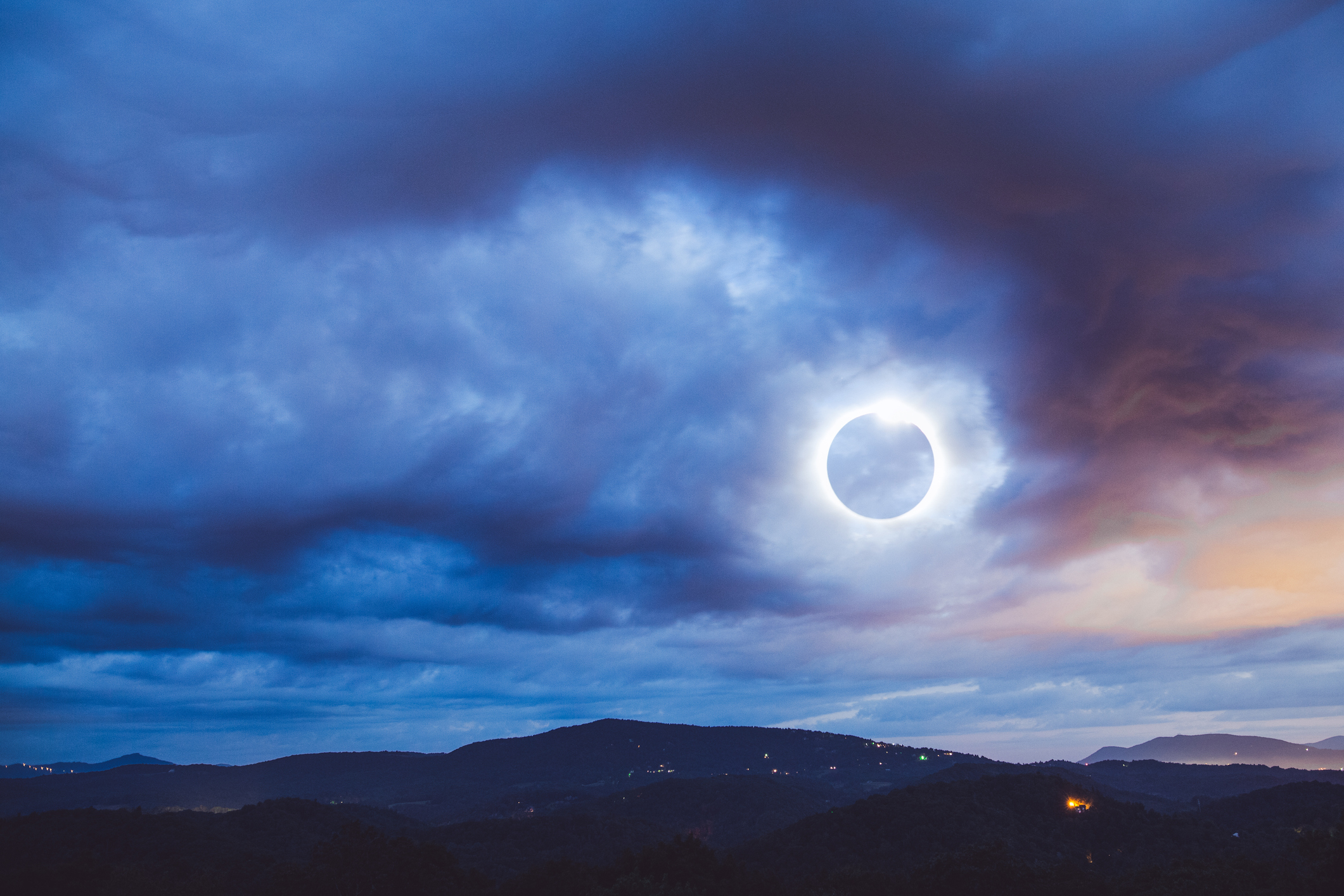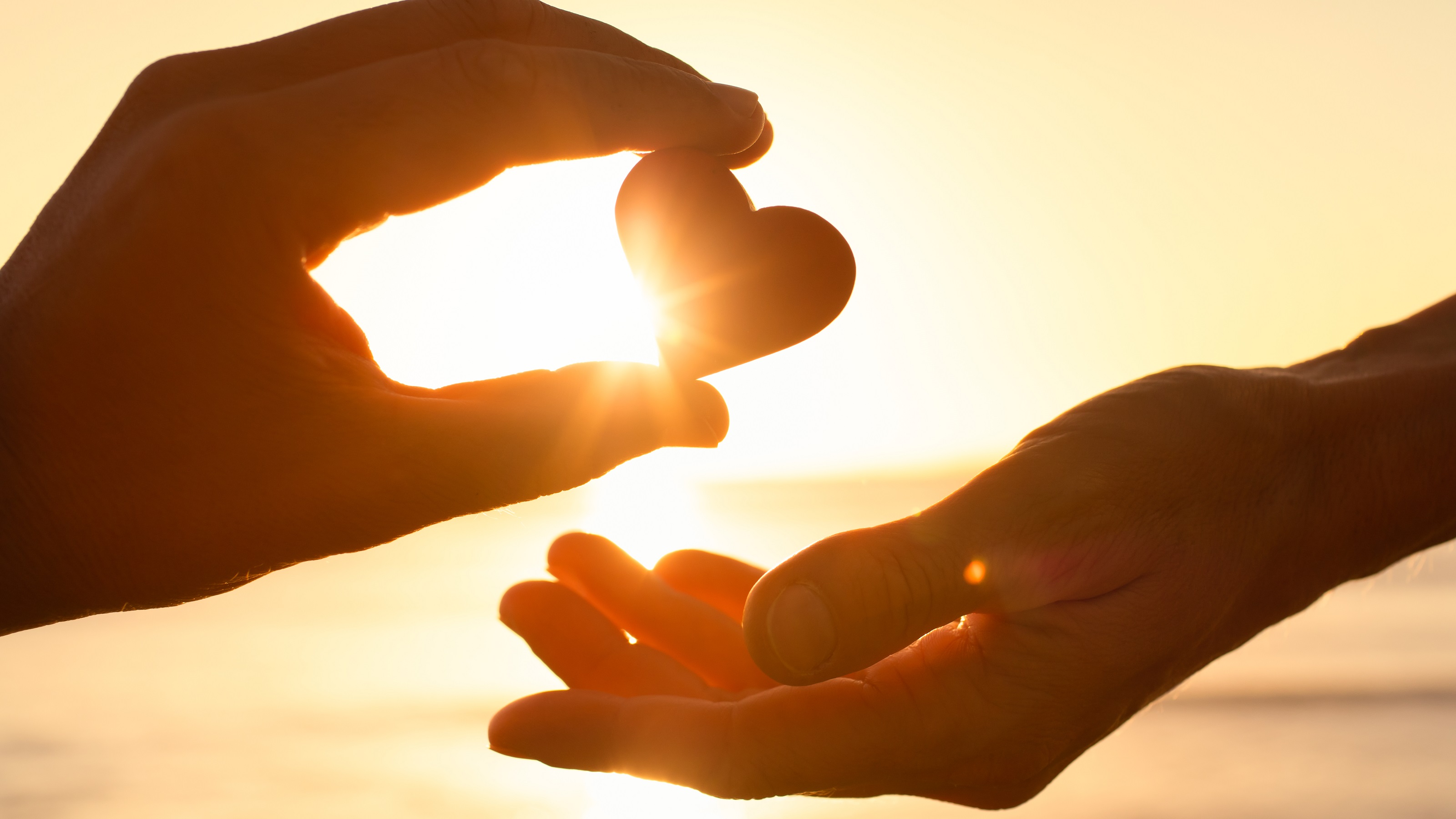How to Find Solar Eclipse Glasses for April 2024
Don't let this $5 tool ruin your eclipse experience.


Profit and prosper with the best of Kiplinger's advice on investing, taxes, retirement, personal finance and much more. Delivered daily. Enter your email in the box and click Sign Me Up.
You are now subscribed
Your newsletter sign-up was successful
Want to add more newsletters?

Delivered daily
Kiplinger Today
Profit and prosper with the best of Kiplinger's advice on investing, taxes, retirement, personal finance and much more delivered daily. Smart money moves start here.

Sent five days a week
Kiplinger A Step Ahead
Get practical help to make better financial decisions in your everyday life, from spending to savings on top deals.

Delivered daily
Kiplinger Closing Bell
Get today's biggest financial and investing headlines delivered to your inbox every day the U.S. stock market is open.

Sent twice a week
Kiplinger Adviser Intel
Financial pros across the country share best practices and fresh tactics to preserve and grow your wealth.

Delivered weekly
Kiplinger Tax Tips
Trim your federal and state tax bills with practical tax-planning and tax-cutting strategies.

Sent twice a week
Kiplinger Retirement Tips
Your twice-a-week guide to planning and enjoying a financially secure and richly rewarding retirement

Sent bimonthly.
Kiplinger Adviser Angle
Insights for advisers, wealth managers and other financial professionals.

Sent twice a week
Kiplinger Investing Weekly
Your twice-a-week roundup of promising stocks, funds, companies and industries you should consider, ones you should avoid, and why.

Sent weekly for six weeks
Kiplinger Invest for Retirement
Your step-by-step six-part series on how to invest for retirement, from devising a successful strategy to exactly which investments to choose.
One of my most intense vacations was about a solar eclipse. My family decided to travel all the way out to the Cook Islands in the middle of the Pacific Ocean in 2010 with a company that specifically organizes trips around eclipses.
It was a big trip with a lot of associated costs, but the most important purchase was just $5: eclipse glasses. They often feel like flimsy little things, but those devices are key to being able to look at a solar eclipse without harming your eyes.
On April 8, people all around the contiguous United States will have a chance to see a solar eclipse, with a path stretching from Texas to Maine. The anticipation is certainly building. Google searches for "solar eclipse" have been steadily rising since December, with particular interest in the states on its path, including Arkansas, Indiana and Ohio, and Airbnb reported a 1,000% increase in searches for stays along the path. Delta even launched a special eclipse flight to view the event.
From just $107.88 $24.99 for Kiplinger Personal Finance
Become a smarter, better informed investor. Subscribe from just $107.88 $24.99, plus get up to 4 Special Issues

Sign up for Kiplinger’s Free Newsletters
Profit and prosper with the best of expert advice on investing, taxes, retirement, personal finance and more - straight to your e-mail.
Profit and prosper with the best of expert advice - straight to your e-mail.
The last time a total solar eclipse passed through the United States, in 2017, the rush of excitement also brought scarcity and scams to the eclipse glasses market. Many places ran out of glasses to sell before the eclipse, and there were cases of counterfeit eclipse glasses. For example, Amazon ended up giving refunds to customers who had unknowingly purchased fake solar eclipse glasses.
Now, getting fake solar eclipse glasses can come with a bigger cost than the $10 you spent on Amazon. Looking at an eclipse without adequate protection can damage retinas and cause blindness, per the American Academy of Ophthalmology.
Obviously that's something we all want to avoid, and it would be a shame to coordinate all the right plans to get yourself and your family to the totality path just to forget to have the glasses ready. So, here's some pointers on eclipse glasses.
How to find eclipse glasses

The main thing to look for when shopping for eclipse glasses is an "ISO" label, reports Space.com. That stands for the International Organization for Standardization, an independent organization that provides safety and quality standards. If glasses have this label, that should mean they follow the ISO's guidelines, which touch on the size, how much light is filtered and labels.
There are many manufacturers and vendors of eclipse glasses, which can make it hard to figure out where to go. Thankfully, making your life easier, the American Astronomical Society published a list of reputable ones, which include major retailers like Lowes, Walmart and Staples.
The prices aren't astronomical. You can get 50 at Staples for $150 or two for $11 at Walmart. Walmart even offers an eclipse "bundle" that includes a pack of glasses, a camp chair, an ice cooler, Cosmic Brownies and more to set the scene for your viewing party, for $188.
You can also get eclipse glasses for free at some public libraries, so that's a good place to check, too, and glasses retailer Warby Parker is offering free ISO-certified eclipse glasses at their stories while supplies last.
That AAS list also includes places to get solar filters for telescopes, binoculars and camera lenses, as well as for smartphones, so you can capture the memory and see it even more up-close.
AAS warns against searching for eclipse glasses at online marketplaces like Amazon, eBay and Temu. They further advise using their list to check if a seller is reputable before buying glasses online.
"Make sure that you’re buying glasses from a trustworthy source. Look into the vendor and manufacturer before you purchase," Katarina Schmieder of the Better Business Bureau of Upstate New York told WSYR.
Do you really need eclipse glasses?
Yes!
As Rick Fienberg of the AAS told Space.com, typical sunglasses let in 10% to 20% of daylight, which is "still way too bright," while "the filters that are made for looking at the sun are typically 100,000 times darker."
But if you really run into problems getting eclipse glasses, there are some workarounds. You can make a pinhole projection to see what the sun shape looks like on the ground, for example, using a pasta colander. The big, big warning is to not look at the sun through the pinholes, just look at the projection on a nearby surface.
And when do you need to use eclipse glasses?
They're necessary while an eclipse is in partial progress, so when the moon has begun to cross the sun and in the period after totality. During totality, however, you can take the glasses off.
"When the moon completely covers the sun’s bright face and it suddenly gets dark, you can remove your solar filter to watch this unique experience," says the American Academy of Ophthalmology. "Then, as soon as the bright sun begins to reappear very slightly, immediately use your solar viewer again to watch the remaining partial phase of the eclipse."
Totality this time around is likely to be pretty fantastic, with over 4 minutes of it in some places. It is a breathtaking experience that I highly recommend, and watching the path of the moon through eclipse glasses is a big part of understanding the beauty of it all.
And as for my family's big Cook Islands eclipse trip? We had our glasses, but clouds blocked our view of the eclipse. You can buy eclipse glasses, but you can't buy a clear sky.
Related Content
Profit and prosper with the best of Kiplinger's advice on investing, taxes, retirement, personal finance and much more. Delivered daily. Enter your email in the box and click Sign Me Up.

Alexandra Svokos is the digital managing editor of Kiplinger. She holds an MBA from NYU Stern in finance and management and a BA in economics and creative writing from Columbia University. Alexandra has over a decade of experience in journalism and previously served as the senior editor of digital for ABC News, where she directed daily news coverage across topics through major events of the early 2020s for the network's website, including stock market trends, the remote and return-to-work revolutions, and the national economy. Before that, she pioneered politics and election coverage for Elite Daily and went on to serve as the senior news editor for that group.
Alexandra was recognized with an "Up & Comer" award at the 2018 Folio: Top Women in Media awards, and she was asked twice by the Nieman Journalism Lab to contribute to their annual journalism predictions feature. She has also been asked to speak on panels and give presentations on the future of media and on business and media, including by the Center for Communication and Twipe.
-
 Quiz: Do You Know How to Avoid the "Medigap Trap?"
Quiz: Do You Know How to Avoid the "Medigap Trap?"Quiz Test your basic knowledge of the "Medigap Trap" in our quick quiz.
-
 5 Top Tax-Efficient Mutual Funds for Smarter Investing
5 Top Tax-Efficient Mutual Funds for Smarter InvestingMutual funds are many things, but "tax-friendly" usually isn't one of them. These are the exceptions.
-
 AI Sparks Existential Crisis for Software Stocks
AI Sparks Existential Crisis for Software StocksThe Kiplinger Letter Fears that SaaS subscription software could be rendered obsolete by artificial intelligence make investors jittery.
-
 One of the Most Powerful Wealth-Building Moves a Woman Can Make: A Midcareer Pivot
One of the Most Powerful Wealth-Building Moves a Woman Can Make: A Midcareer PivotIf it feels like you can't sustain what you're doing for the next 20 years, it's time for an honest look at what's draining you and what energizes you.
-
 I'm a Wealth Adviser Obsessed With Mahjong: Here Are 8 Ways It Can Teach Us How to Manage Our Money
I'm a Wealth Adviser Obsessed With Mahjong: Here Are 8 Ways It Can Teach Us How to Manage Our MoneyThis increasingly popular Chinese game can teach us not only how to help manage our money but also how important it is to connect with other people.
-
 Looking for a Financial Book That Won't Put Your Young Adult to Sleep? This One Makes 'Cents'
Looking for a Financial Book That Won't Put Your Young Adult to Sleep? This One Makes 'Cents'"Wealth Your Way" by Cosmo DeStefano offers a highly accessible guide for young adults and their parents on building wealth through simple, consistent habits.
-
 My Spouse and I Are Saving Money for a Down Payment on a House. Which Savings Account is the Best Way to Reach Our Goal?
My Spouse and I Are Saving Money for a Down Payment on a House. Which Savings Account is the Best Way to Reach Our Goal?Learn how timing matters when it comes to choosing the right account.
-
 We're 78 and Want to Use Our 2026 RMD to Treat Our Kids and Grandkids to a Vacation. How Should We Approach This?
We're 78 and Want to Use Our 2026 RMD to Treat Our Kids and Grandkids to a Vacation. How Should We Approach This?An extended family vacation can be a fun and bonding experience if planned well. Here are tips from travel experts.
-
 My First $1 Million: Retired From Real Estate, 75, San Francisco
My First $1 Million: Retired From Real Estate, 75, San FranciscoEver wonder how someone who's made a million dollars or more did it? Kiplinger's My First $1 Million series uncovers the answers.
-
 To Love, Honor and Make Financial Decisions as Equal Partners
To Love, Honor and Make Financial Decisions as Equal PartnersEnsuring both partners are engaged in financial decisions isn't just about fairness — it's a risk-management strategy that protects against costly crises.
-
 Top 5 Career Lessons From the 2026 Winter Olympics (So Far)
Top 5 Career Lessons From the 2026 Winter Olympics (So Far)Five lessons to learn from the 2026 Winter Olympics for your career and finances.